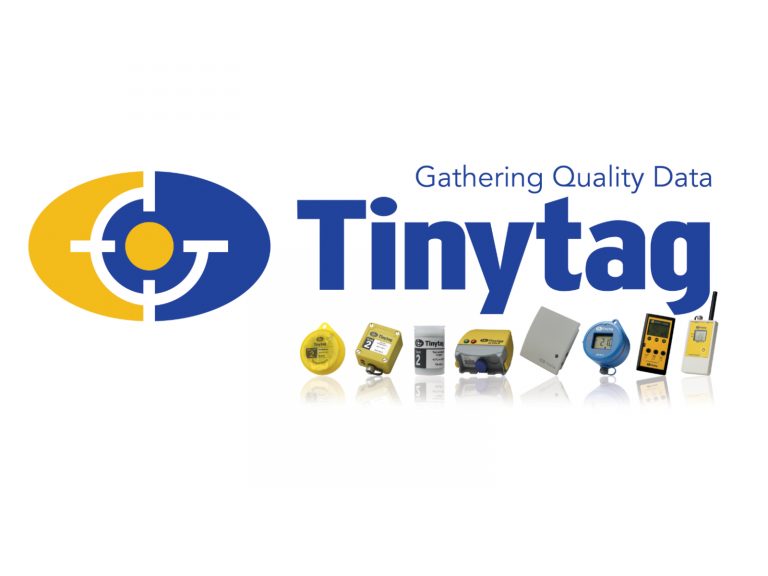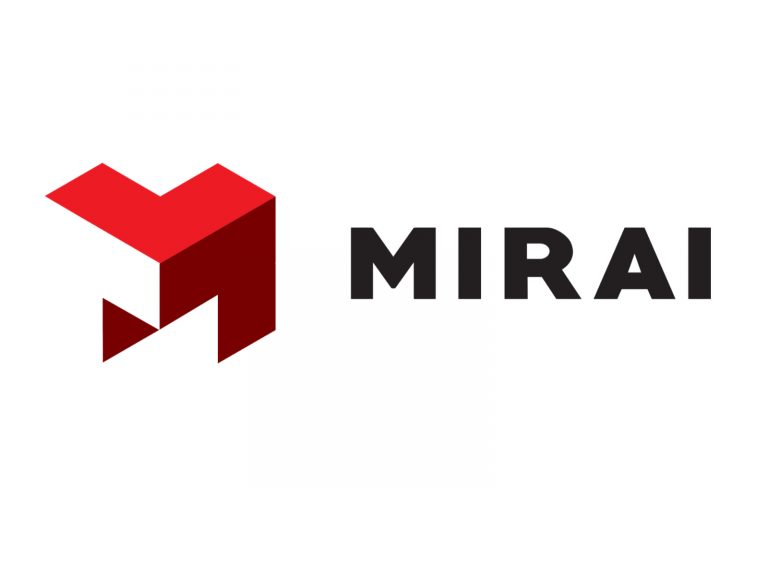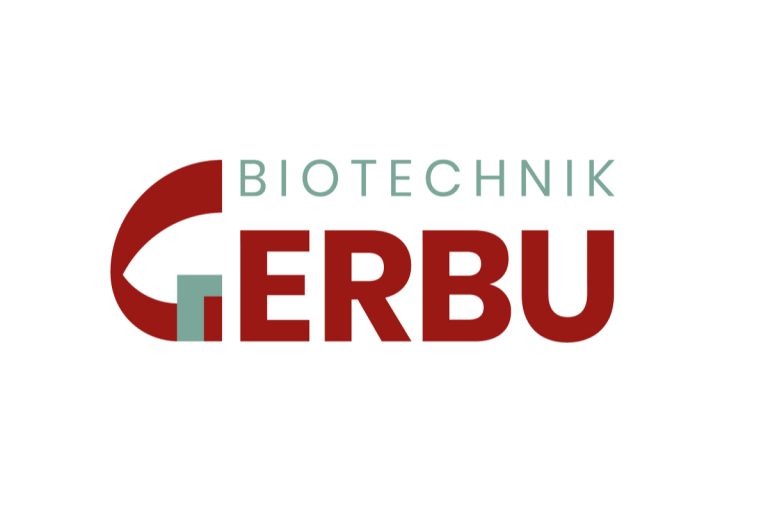Valneva’s COVID-19 Vaccine Candidate Shows Positive Results in Phase 3 Trial
French pharmaceutical company Valneva has reported positive results for its inactivated, adjuvanted COVID-19 vaccine candidate VLA2001 in the Phase 3 Trial.
The vaccine candidate VLA2001, for which the UK cancelled a 100m dose order this September, has successfully met both co-primary endpoints in the Phase 3 pivotal trial Cov-Compare. The Valneva vaccine candidate has induced broad T-cell responses with antigen-specific IFN-gamma-producing T-cells against the S, M and N proteins.
About the Phase 3 Cov-Compare Trial
The pivotal Phase 3, Cov-Compare (VLA2001-301) is a randomized, observer-blind, controlled, comparative immunogenicity trial recruited a total of 4,012 participants aged 18 years and older across 26 trial sites in the UK. The trial met its co-primary endpoints:
Valneva’s vaccine candidate outperforms the AstraZeneca vaccine on measures in head-to-head tests
VLA2001 demonstrated superiority against AZD1222 (ChAdOx1-S), in terms of geometric mean titer for neutralization antibodies (GMT ratio=1.39, p<0.0001), (VLA2001 GMT 803.5 (95% CI: 748.48, 862.59)), (AZD1222(ChAdOx1-S) GMT 576.6 (95% CI 543.6, 611.7)), as well as non-inferiority in terms of seroconversion rates (SCR above 95% in both treatment groups) at two weeks after the second vaccination (i.e. Day 43) in adults aged 30 years and older.
VLA2001 induced broad antigen-specific IFN-gamma producing T-cells reactive against the S-, N- and M- protein
T-cell responses analyzed in a sub-set of participants showed that VLA2001 induced broad antigen-specific IFN-gamma producing T-cells reactive against the S- (74.3%), N- (45.9%) and M- (20.3%) protein.
The trial shows that VLA2001 was generally well tolerated. The tolerability profile of VLA2001 was significantly more favorable compared to the active comparator vaccine. Participants 30 years and older reported significantly fewer solicited adverse events up to seven days after vaccination, both with regards to injection site reactions (73.2% VLA2001 vs. 91.1% AZD1222 (ChAdOx1-S), p<0.0001) and systemic reactions (70.2% VLA2001 vs. 91.1% AZD1222 (ChAdOx1-S), p<0.0001). No unsolicited treatment-related serious adverse events (SAE) have been reported. Less than 1% reported an adverse event of special interest in both treatment groups. Participants in the younger age group vaccinated with VLA2001 showed an overall safety profile comparable to the older age group.
The occurrence of COVID-19 cases (exploratory endpoint) was similar between treatment groups. The complete absence of any severe COVID-19 cases may suggest that both vaccines used in the study prevented severe COVID-19 caused by the circulating variant(s) (predominantly Delta).
Adam Finn, Professor of Paediatrics, University of Bristol, Trial Chief Investigator, said:
“The low levels of reactogenicity and high functional antibody responses alongside broad T-cell responses seen with this adjuvanted inactivated whole virus vaccine are both impressive and extremely encouraging. This is a much more traditional approach to vaccine manufacture than the vaccines so far deployed in the UK, Europe and North America and these results suggest this vaccine candidate is on track to play an important role in overcoming the pandemic.”
Thomas Lingelbach, Chief Executive Officer of Valneva, said:
“These results confirm the advantages often associated with inactivated whole virus vaccines. We are committed to bringing our differentiated vaccine candidate to licensure as quickly as possible and continue to believe that we will be able to make an important contribution to the global fight against the COVID-19 pandemic. We are keen to propose an alternative vaccine solution for people who have not yet been vaccinated.”
Juan Carlos Jaramillo, M.D., Chief Medical Officer of Valneva, commented:
“I would like to thank the trial investigators as well as all trial participants and collaborators, especially the National Institute for Health Research and the clinical teams within the NHS Research Centres as well as Public Health England. This outcome shows the value of the collaboration that we started in September 2020 and we could not have achieved this milestone without them. We’ll continue to work very closely with the MHRA to complete our rolling submission for approval.”
Valneva starts rolling submission for initial approval with the MHRA
Valneva has began rolling submission for initial approval with the UK’s Medicines and Healthcare products Regulatory Agency (MHRA) and is preparing to commence rolling submission for conditional approval with the European Medicines Agency. A final assay validation required by the MHRA to verify the integrity of the VLA2001-301 data remains ongoing and is a prerequisite for final submission of the clinical study report.
As part of the product development strategy, Valneva has completed the recruitment of 306 volunteers aged 56 years and older in New Zealand into its VLA2001-304 trial and expects topline data in early 2022. Valneva has also announced the start of recruitment of adolescents as an expansion of the Cov-Compare trial.
Valneva is now preparing for trials in children (5-12 years of age) and a Valneva sponsored booster trial to evaluate VLA2001’s booster performance for people in need of a booster.
About the VLA2001 vaccine candidate against COVID-19
VLA2001 is currently the only whole virus, inactivated, adjuvanted vaccine candidate against COVID-19 in clinical trials in Europe. It is intended for active immunization of at-risk populations to prevent carriage and symptomatic infection with COVID-19 during the ongoing pandemic and potentially later for routine vaccination including addressing new variants. VLA2001 may also be suited for boosting, as repeat booster vaccinations have been shown to work well with whole virus inactivated vaccines. VLA2001 is produced on Valneva’s established Vero-cell platform, utilising the manufacturing technology for Valneva’s licensed Japanese encephalitis vaccine, IXIARO®.
VLA2001 consists of inactivated whole virus particles of SARS-CoV-2 with high S-protein density, in combination with two adjuvants, alum and CpG 1018. This adjuvant combination has consistently induced higher antibody levels in preclinical experiments than alum-only formulations and shown a shift of the immune response towards Th1. CpG 1018 adjuvant, supplied by Dynavax Technologies Corporation (Nasdaq: DVAX), is a component of the US FDA- and EMA-approved HEPLISAV-B® vaccine. The manufacturing process for VLA2001, which has already been upscaled to final industrial scale, includes chemical inactivation to preserve the native structure of the S-protein. VLA2001 is expected to conform with standard cold chain requirements (2 degrees to 8 degrees Celsius).
About Valneva SE
Headquartered in Saint-Herblain, France, Valneva is a specialty vaccine company focused on the development and commercialisation of prophylactic vaccines for infectious diseases with significant unmet medical needs. The Company takes a highly specialized and targeted approach to vaccine development and then applies its deep understanding of vaccine science to develop prophylactic vaccines addressing these diseases. Valneva has leveraged its expertise and capabilities both to successfully commercialize two vaccines and to rapidly advance a broad range of vaccine candidates into and through the clinic, including candidates against Lyme disease, the chikungunya virus and COVID-19.
Related Articles
Recommended Companies
More Headlines








